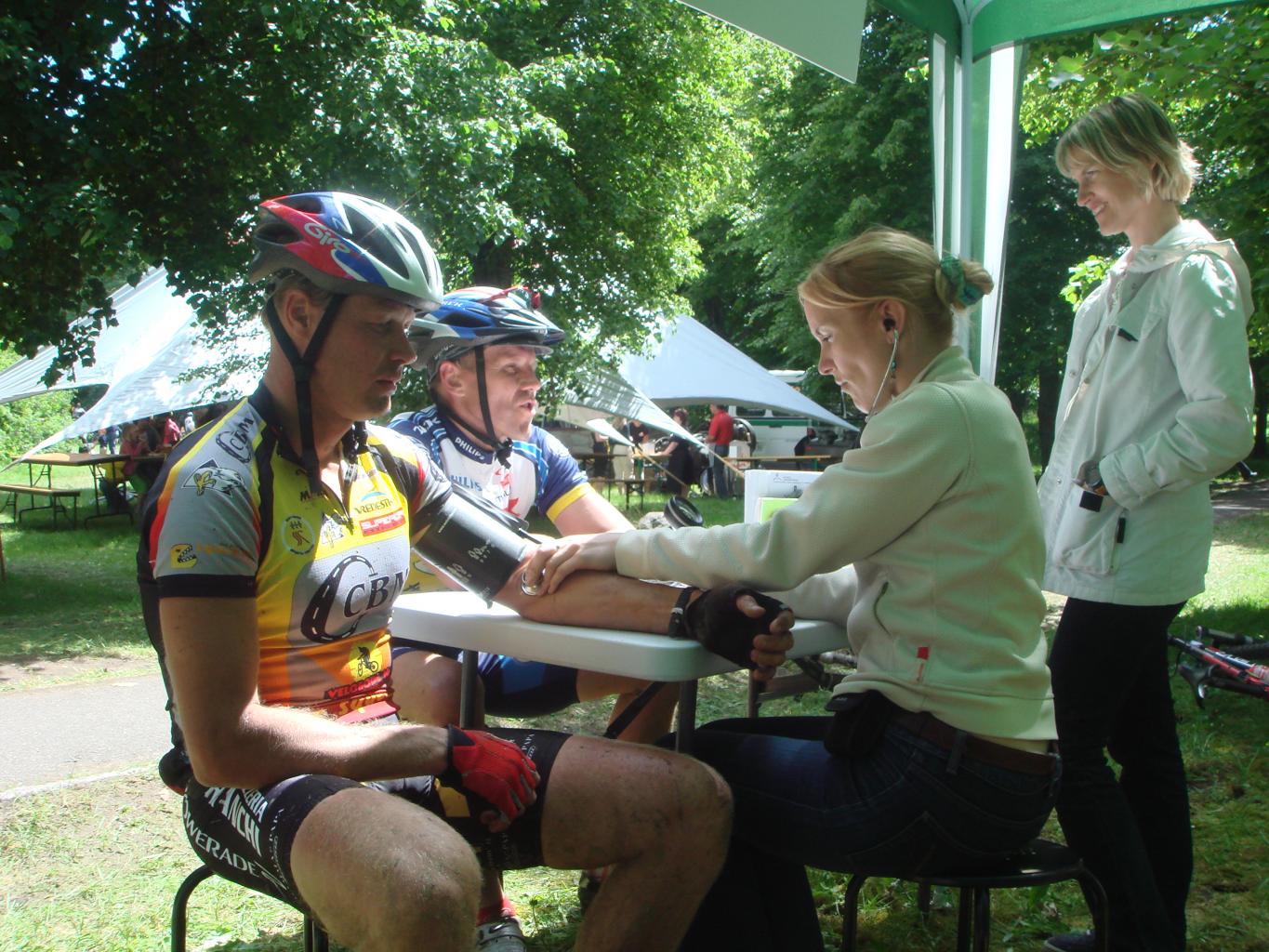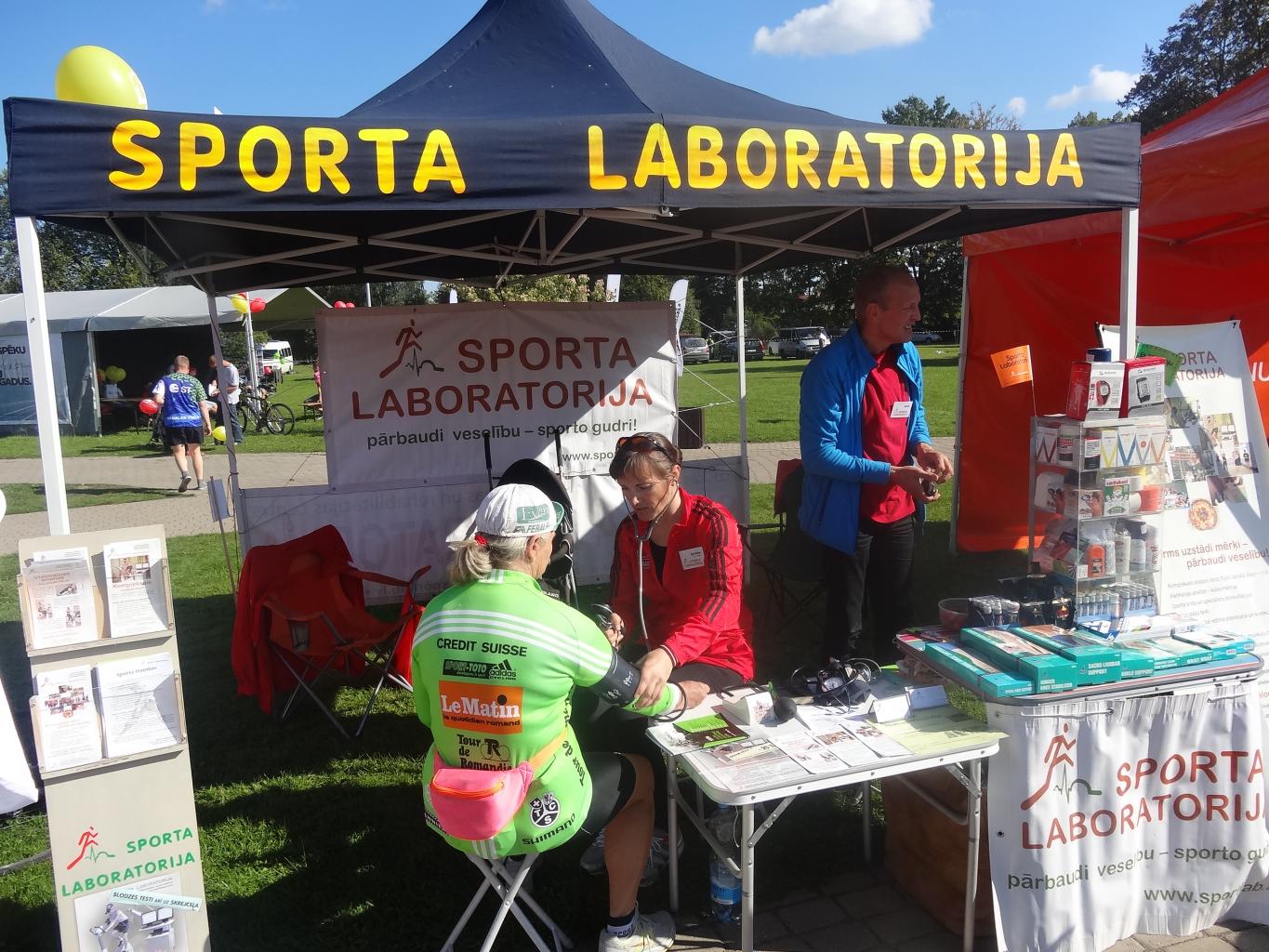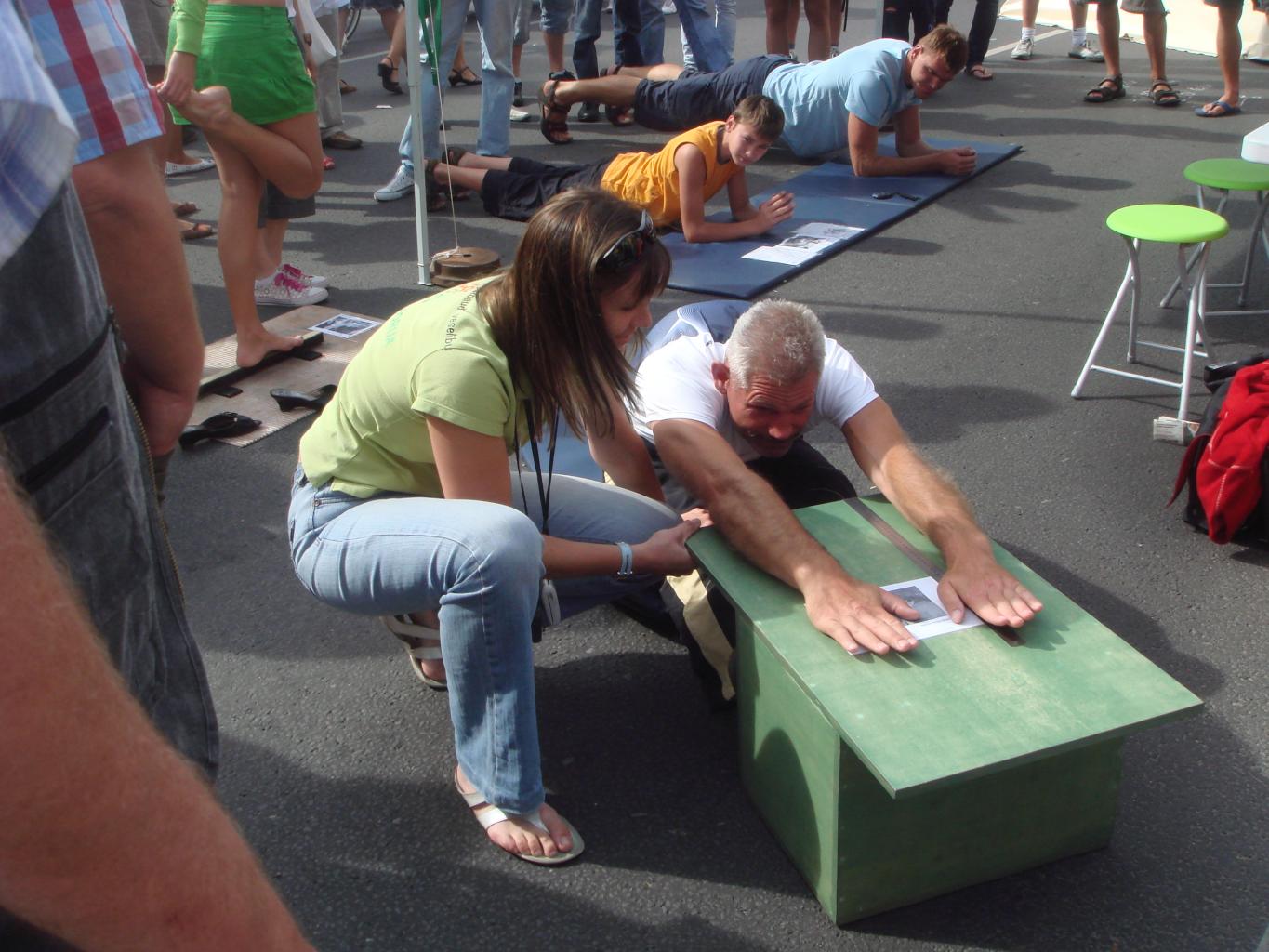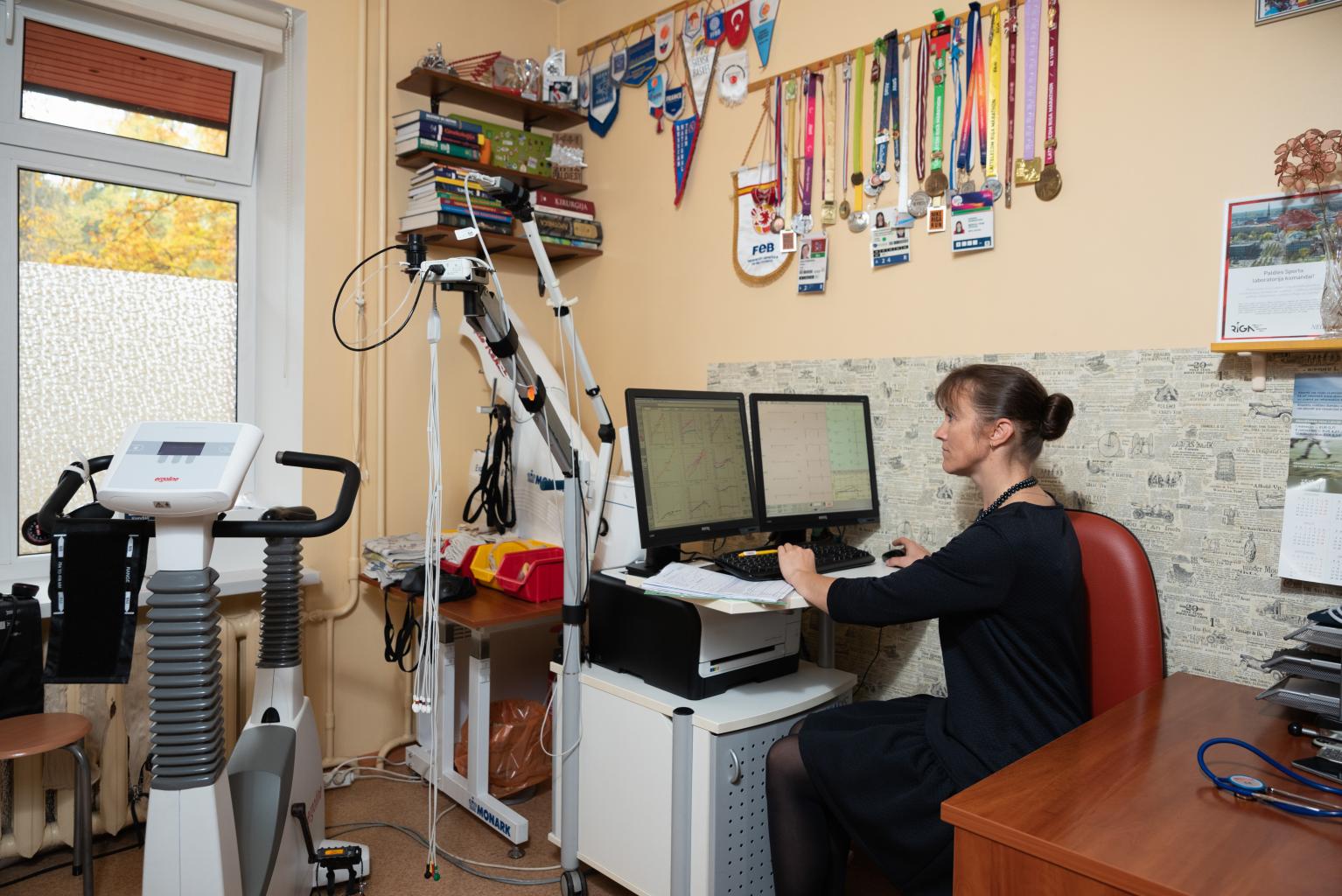Doctoral Student Sandra Rozenštoka: Consultations with Sports Physicians Boost Athletes’ Performance
An athlete isn’t just an active person who trains hard to achieve new records, but also an individual with unique health traits. ‘I am a sports physician, so I examine athletes on a daily basis and advise them on the most appropriate training load plan and examinations in order to prevent health problems from hindering them receiving high achievements,’ says RSU doctoral student and sports physician Sandra Rozenštoka. She defended her doctoral thesis on the relevance of exercise tolerance to the health status of athletes on 5 September.
Athletes often visit Sandra. Some have no health problems but want to know what their bodies are capable of. Others have complaints like shortness of breath, spikes in blood pressure, an abnormally increased pulse rate, or pain at higher loads.
How did your daily work with athletes turn into research?
My specialty is sports medicine, and I routinely work with people who participate in sports and competitions. This experience made me want to assess what active people in Latvia are like and how effectively a sports physician can help them.
I should emphasise that I studied athletes who not only do sports, but also participate in competitions.


How broad was your study population?
1,600 participants aged 12 to 70 took part in two surveys. The first one was restricted to those who had not followed the advice of a sports physician. You could say that their health reflected how they trained. Athletes, like personalities, differ.
Some people have endurance problems during physical activity, others have changes in their cardiogram or an inadequate blood pressure response.
People at relative rest often have no health problems, but with added exertion, the risks become apparent. What did you notice?
In some people, I found a hypertensive response to exercise. At rest, the blood pressure is normal, but under stress it is, for example, 250 over 60. We identify which activity, or lack of it, rapidly increases blood pressure and make adjustments to their training plan. In such cases, they often need a proper warm-up, and I don’t only say that, but also explain why.

Because, you see, as the workload increases, the heart starts to supply the muscles with oxygen faster, but it should not deprive itself. I explain that warming up not only warms up the muscles, but also the heart.
We also gave the participants a cardiopulmonary exercise test that shows the interaction between the heart, breathing, and general fitness, including the muscular system.
If the muscles can do a lot of work but the cardiac index is low, more in-depth tests are needed.
Did the tests also reveal any more serious problems that could have remained hidden?
Although the study included healthy participants with no complaints or comorbidities, conditions of increased exercise revealed 33 cases of ischaemic changes in the electrocardiogram. These people received referrals for further investigation, so the study protected them from serious health risks in the future.
The first examination is a consultation with a sports physician. What comes next assuming that patients follow their recommendations carefully.
After five to nine months, these athletes were tested for a second time, and then the results, i.e., the practical contribution of the sports physician's advice, could be assessed. I have to say that the results of the second test were much better. Their adaptation to exercise had improved and various risk symptoms were much less common. Participants had a 20% increase in work capacity and faster recovery from exercise. Interestingly, age did not have much of an effect. Those who are active and follow the recommendations can do as much in their 50s as those in their 20s. Of course, we are not talking about high-level sporting achievements.





